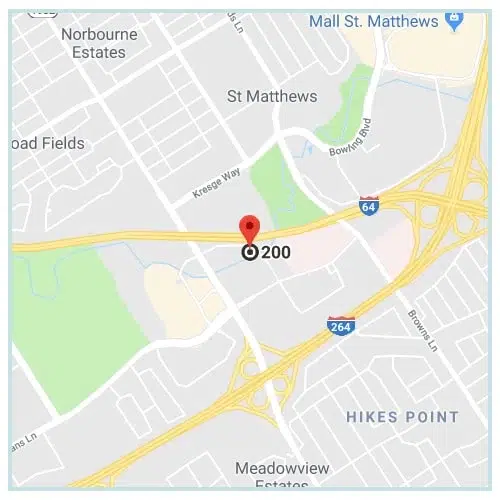Power Of Attorney
The Importance Of A Power Of Attorney: A Real-Life Example
The first time, it was an email. John, the very attentive and sweet son of one of my clients, was writing me because he needed my help. He had just gotten a bill for mom’s hospital stay, and it wasn’t addressed to her; it was addressed to him personally. His mom was in memory care and hadn’t been able to handle her own personal affairs for quite some time. So, when she needed to go to the hospital, he signed the huge stack of papers they handed him.
Before his mom’s condition deteriorated, she had appointed John her power of attorney and health care surrogate, giving him the authority to act for her. I assured him all was well, and told him to call them and let them know it was mom’s bill, not his.
The second time, it was a panicked phone call: a collection company was calling him and saying that he owes the money. I gave the company a call, and they faxed me over the admission form and there was John’s name, plain as day. What was missing was a power of attorney or health care surrogate designation. Instead of John Phillips, P.O.A. or John Phillips, H.C.S., it just said John Phillips. This was a problem.
Being someone’s power of attorney or health care surrogate is an agency agreement. You are agreeing to be her attorney-in-fact – her agent – in all financial matters. This means you are acting for her, not personally agreeing to that contract, to pay that bill or to sell that property. A good power of attorney and health care surrogate should be written so that the principal – the person giving the authority – is taken care of and so that the attorney-in-fact – the person receiving the authority to act – is protected as well.
What does that mean? It means John has to write “P.O.A.” or “H.C.S.” next to his name so the company (or hospital) knows in what capacity he’s acting. We counsel our clients to sign “Agnes Phillips, by John Phillips, P.O.A.” John forgot and now the hospital has a valid argument that he, not his mom, owes that debt.
Get A Power Of Attorney
The attorneys at Kentucky ElderLaw, PLLC, can prepare a power of attorney so you choose who will handle your affairs. You can reach our Louisville office at 502-581-1111, our Bowling Green office at 270-467-0002 or our Shepherdsville office at 502-955-1005. You can also send our office an email.



